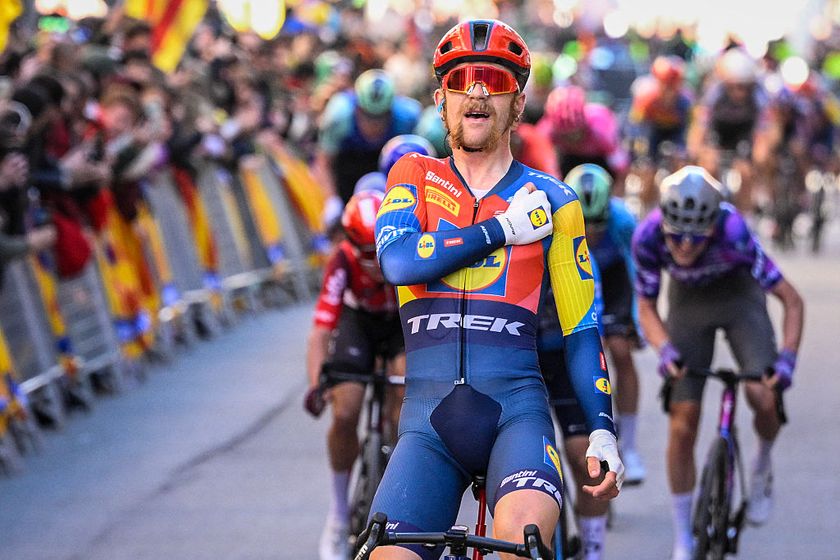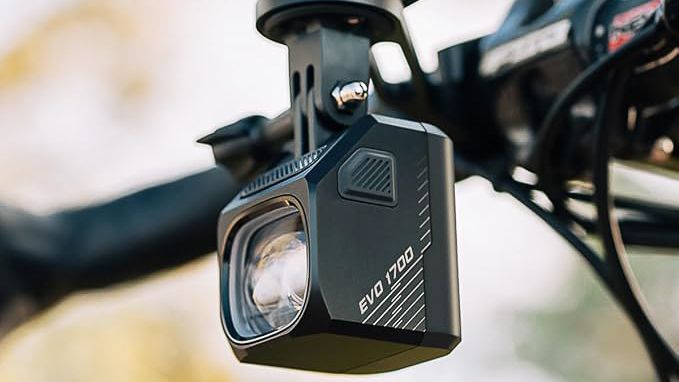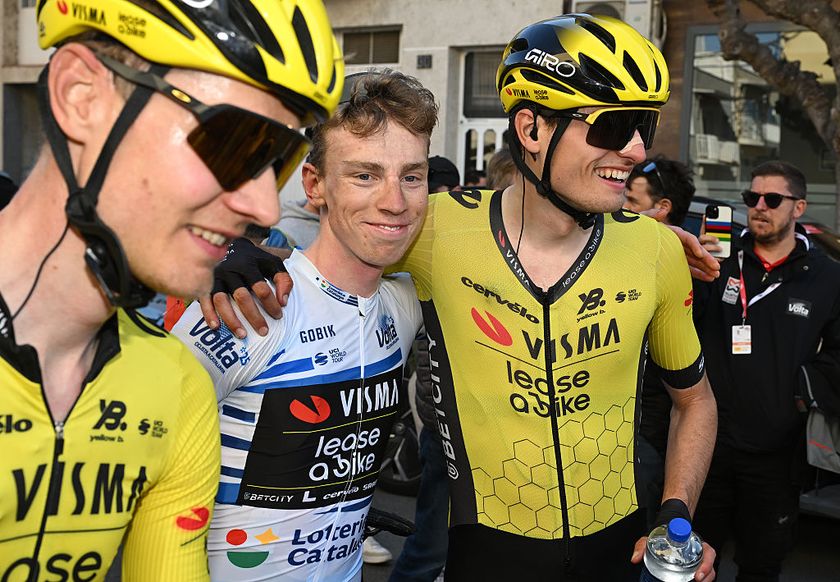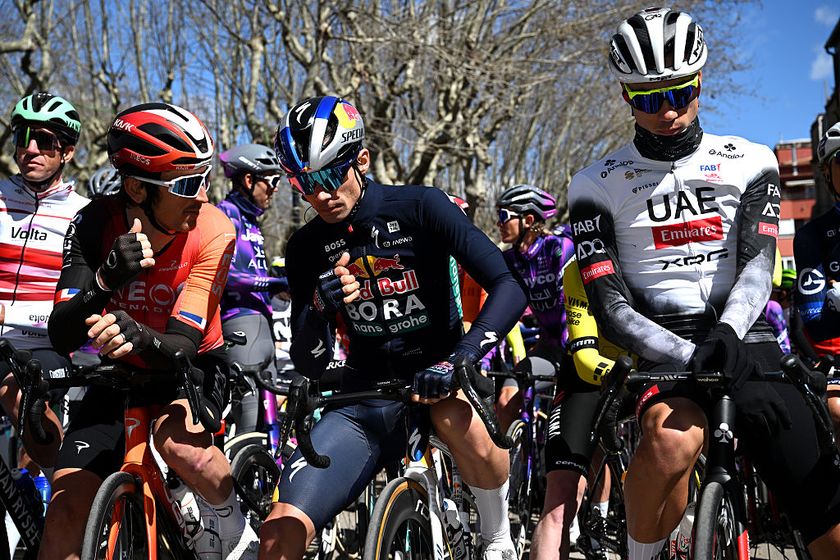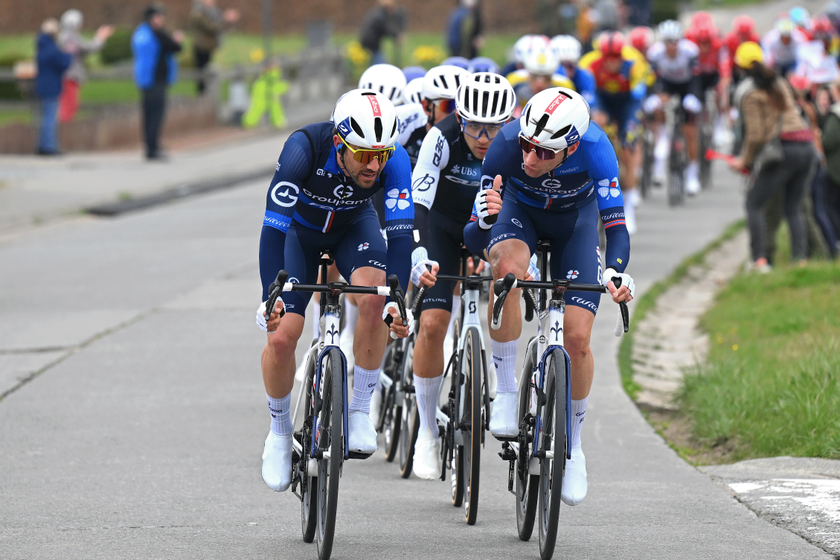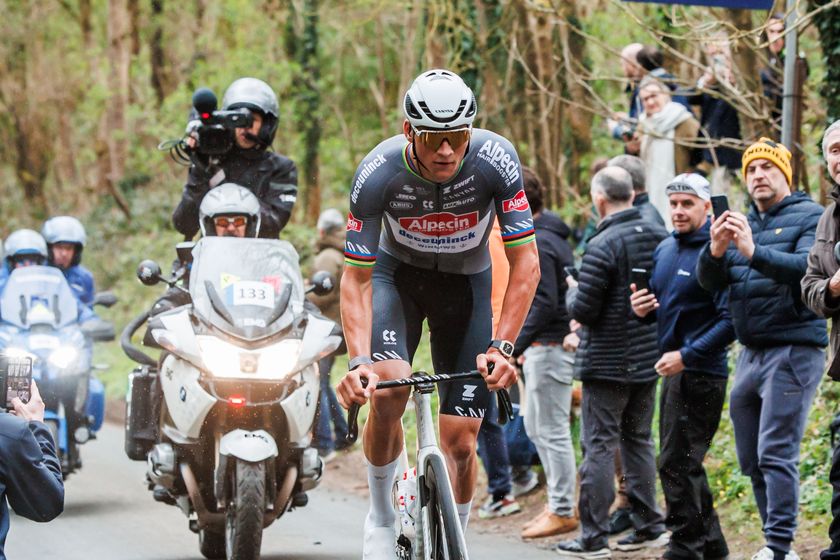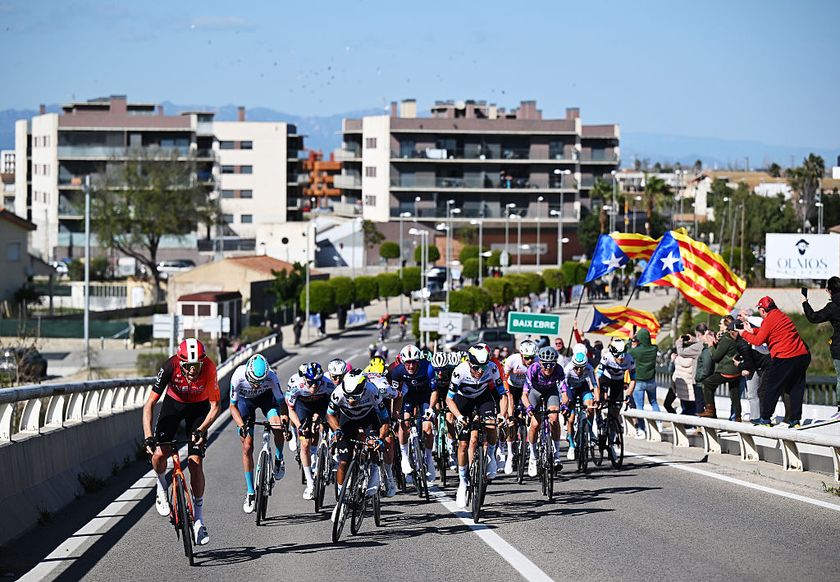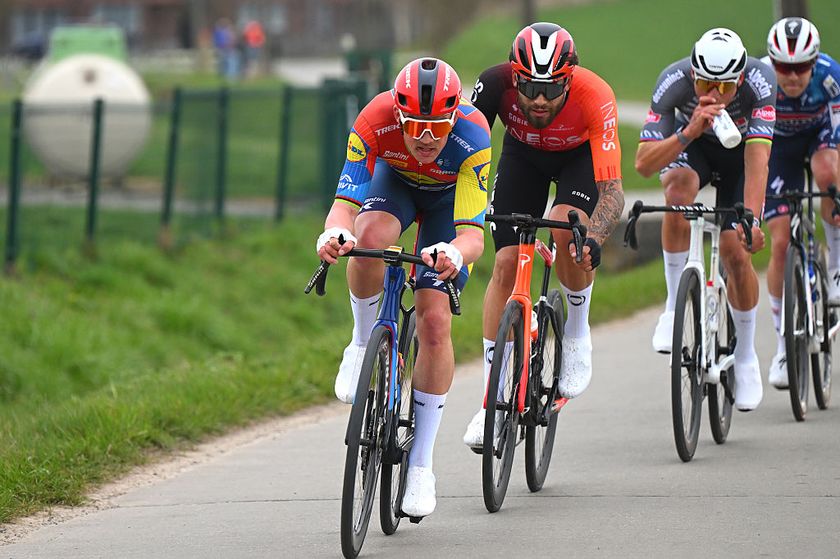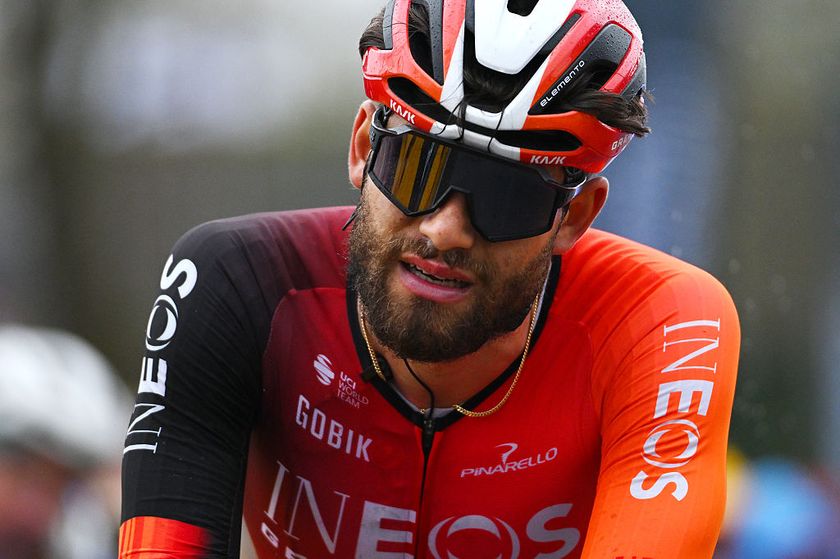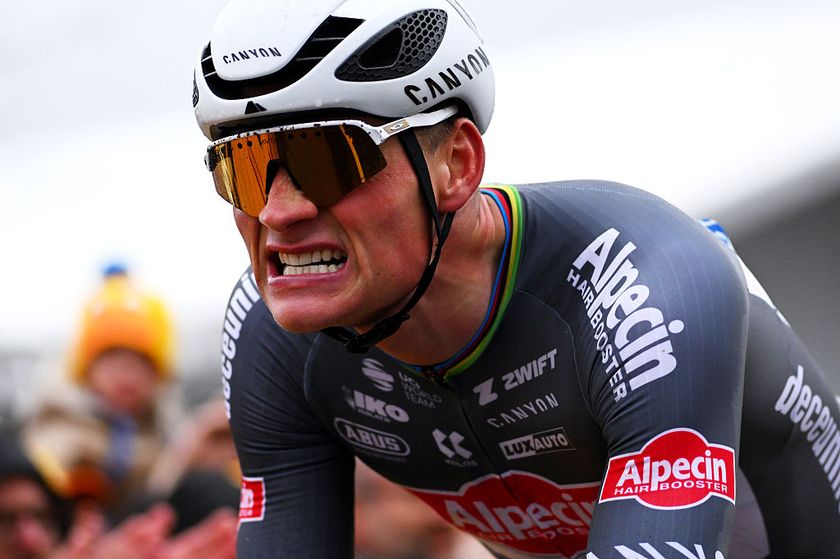CPA hits back at criticism from Geraint Thomas
UCI to validate presidential ballot rules as David Millar challenges Gianni Bugno





The professional riders' union the CPA (Cyclistes Professionels Associés) has responded to criticism from Geraint Thomas and calls for a one-rider electronic ballot system in the upcoming elections for president, asking the UCI legal department to give its opinion on the validity of the current CPA statute and election rules.
Last week David Millar confirmed he will challenge incumbent president Gianni Bugno when the CPA election is held on September 27 during the World Championships in Innsbruck, Austria. It is the first time two candidates have fought for the role of CPA president.
The CPA represents all riders at WorldTour and Professional Continental level and is the umbrella group for national level rider associations. It is recognised by the UCI and is funded via a two per cent tax on rider prize money, with representatives tasked with defending riders' interests and outlining concerns about safety, salaries and any other problems.
This year's CPA election comes at a key time in professional men's cycling as the UCI tries to push through major reforms of the sport for the 2020 season, while teams are struggling to find sponsorship and the likes of Velon, the AIGCP teams association and major race organisers are fighting over the governance and future business model of the sport.
Riders have gradually obtained more recognition and are now considered stakeholders in the sport but very few take a stand for the common good of the peloton. Rider strikes and protests are rare. Some fear retaliation from their teams and race organisers, while others put their own interests first.
Cycling's historic nations and their national rider associations hold a strong influence on the CPA. However, the Belgian and Dutch rider associations recently quit the CPA, leaving just Italy, France, Spain, Portugal and North America as constituent bodies. The CPA has recently created a women's organisation, but this has been challenged by the independent Cyclists' Alliance, led by former rider Iris Slappendel, which has attracted wide support in just a few months.
In previous CPA presidential elections, the national rider associations voted on behalf of the riders. However, in recent years new national groups have been created, including the British and Irish Professional Cyclists' Association, but they have never formally become part of the CPA.
Get The Leadout Newsletter
The latest race content, interviews, features, reviews and expert buying guides, direct to your inbox!
Riders not represented by a national association can only vote in the CPA presidential election if they personally attend the World Championships in Innsbruck.
Tour de France winner Geraint Thomas took to Twitter to recently criticise that system, writing: "The number of WT & Pro Conti riders in each member nation dictates the number of votes that ONE delegate carries! The rest of us have to turn up to Innsbruck in person, in order to vote. WTF
"Every rider must have the right to vote, no matter their nationality or location. That means we all get to decide who represents us."
The CPA responded to Thomas with a lengthy document, confirming it has contacted the UCI for legal advice.
Chris Froome responded to the CPA document by tweeting: "Seems to me that the CPA is running a dictatorship, not a democracy which truly represents all the riders #fail"
The CPA claims it works for the benefit of all riders.
David Millar has backed calls for an electronic ballot "so every member of the pro peloton can vote, regardless of nationality, and regardless of whether he attends the Worlds at Innsbruck"
However, the current CPA statue states that any proposals for changes have to be made in writing 30 days before the general assembly. The CPA election is just two weeks away.
A power struggle: Millar v Bugno
In many ways, the CPA presidential election represents a power struggle between the traditional cycling nations and the growing number of English-speaking riders and those from smaller cycling nations who are not happy with how the CPA is currently run.
Millar unveiled a four-point manifesto, arguing the CPA should be 'more professional', 'more active', 'more representative', and 'more vocal.'
"The time has come to modernise and reform it and to put the interest of all pro cyclists at its heart," he said.
Bugno works as a helicopter pilot outside of professional cycling. He is highly regarded in Italy but has done little to promote the work of the CPA.
He told La Gazzetta dello Sport in an interview that he is hoping to continue the work he has done in the last eight years, including pushing back on the reduction of team sizes in races.
"I want to continue the work I've done so far, without any personal gain. I'm independent, I don't work with anyone in the sport, I'm not sponsored or tied to any teams. I live thanks to my work as a pilot. I want to continue in my role with passion," Bugno said.
"We're in a minority concerning the reduction in the team sizes but we'll fight back because we don't agree. There could be more teams in the biggest races because I don't think a difference between 180 or 200 riders makes things safer. We have a good relationship with UCI president David Lappartient. I'll fight for better legal assurance for the riders and better returns from who uses their image rights. I also hope the riders are more united."

Stephen is one of the most experienced member of the Cyclingnews team, having reported on professional cycling since 1994. He has been Head of News at Cyclingnews since 2022, before which he held the position of European editor since 2012 and previously worked for Reuters, Shift Active Media, and CyclingWeekly, among other publications.
